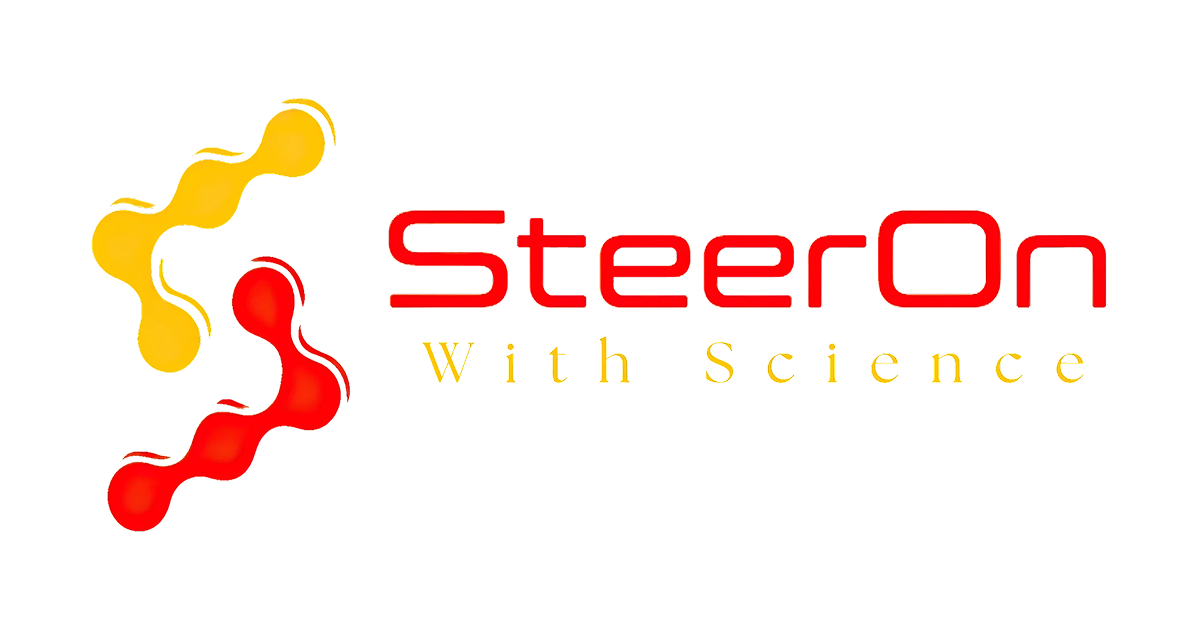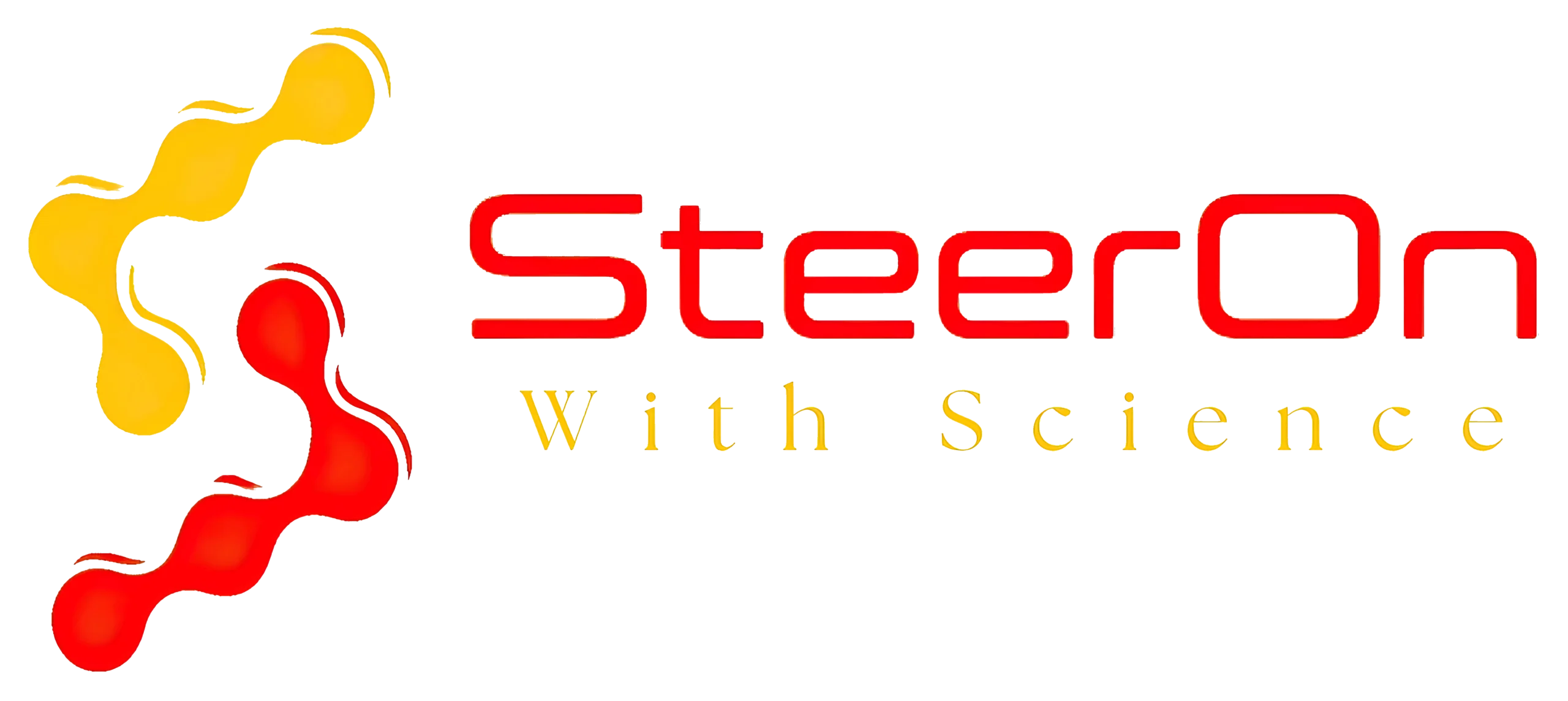When we think of modern medicine, we often picture a pill, an injection, or a therapy. But behind every dose lies a journey powered by science, innovation, and meticulous research. At the core of this journey is medicinal chemistry – the foundation of discovering new, effective, and safe drugs.
This critical phase is known as discovery phase, where creativity, precision, and persistence converge to spark innovation. Without this foundation, there would be no pipeline, no clinical candidates, and far fewer medical breakthroughs.
Medicinal chemistry blends chemistry with biology, pharmacology, and computational tools to design and refine molecules with therapeutic potential. It’s the bridge that turns scientific concepts into life-changing solutions for patients.
What Is Medicinal Chemistry?
Medicinal chemistry is the discipline focused on designing, synthesizing, and optimizing pharmaceutical compounds. It draws from organic chemistry, biochemistry, and molecular biology to understand how small molecules interact with biological systems, especially disease-associated proteins and enzymes.
A medicinal chemist develops molecules that:
- Precisely bind to specific targets in the body
- Deliver the desired biological effect
- Are safe, stable, and suitable for human use
Key Roles of Medicinal Chemists in the Drug Discovery Pipeline
Drug discovery is a multi-stage process, often spanning 10–15 years from concept to commercial drug. Medicinal chemistry plays a pivotal role in the following phases:
1. Target Identification and Validation
Every drug starts with a question: What causes this disease and how can we disrupt it?
Biologists identify a disease-driving target (usually a protein or enzyme), and medicinal chemists then study its structure to design molecules that can block, activate, or modulate it.
2. Hit Discovery and Lead Optimization
Once a target is defined, chemists look for “hits” – molecules that show early promise. These hits may come from Natural product libraries, High-throughput screening or Computer-aided drug design. Chemists then evolve these hits into lead compounds, systematically tweaking molecular structures to improve Potency, Selectivity and Drug-like properties.
This lead optimization phase can take years and requires both creativity and precision.
3. Improving Drug-Like Properties
It is not enough for a molecule to be potent in the lab; it must also meet several other criteria to become a successful drug. It needs to be safe and non-toxic to humans. Also, it must be bioavailable, so the body can absorb and use it effectively, and should be stable enough not to break down too quickly.
Furthermore, it must be selective, acting only on the intended target without causing harmful side effects. Medicinal chemists work tirelessly to balance all these factors since improving one property, for instance, like increasing potency, can negatively impact another, such as solubility or stability. This makes drug design a complex balancing act of multiple parameters.
4. Supporting Preclinical and Clinical Studies
As promising molecules move into animal models or human trials, medicinal chemists continue to refine them. They may adjust chemical structures to Improve metabolic stability, Reduce side effects and Address formulation challenges. Their in-depth knowledge remains essential throughout the journey to regulatory approval.
Pioneering Breakthroughs in Modern Medicine
Many major medical advancements, from targeted cancer therapies to antiviral treatments, have been made possible by medicinal chemistry. For example, the rapid development of COVID-19 antivirals was fueled by decades of research into small molecule design, target binding, and synthesis strategies.
Medicinal chemists help shape the future of medicine. Their work can lead to treatments for diseases that were once considered untreatable, improving and saving lives on a global scale.
Conclusion
The role of medicinal chemistry in drug discovery is both foundational and transformational. Without it, many of the treatments we rely on today simply would not exist.
As science continues to evolve, so too will the field of medicinal chemistry. With the integration of AI, big data, and personalised medicine, we can expect even more exciting advances on the horizon.
Medicinal chemists may not be visible on the front lines of healthcare, but their work forms the backbone of nearly every modern medical breakthrough.
At SteerOn Research, we specialize in solving complex chemistry challenges to help you bring breakthrough therapies to life.
Whether you’re starting with a hit or optimizing a lead, our expert chemists are ready to support your drug discovery journey, from idea to IND.
Let’s accelerate your next innovation. Contact us today to collaborate.




